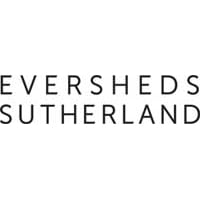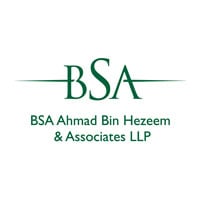

Chief legal officer, director of compliance MENAT and secretary to the board | Middle East Communications Network





Roy Stephan
Chief legal officer, director of compliance MENAT and secretary to the board | Middle East Communications Network
Looking forward, what technological advancements do you feel will impact the role of in-house legal teams in the future the most?
There is no denying the role of data mining and complex data management and analysis systems in how corporations direct business decisions. With the rising of this unprecedented standard practice, and a lack of direction on ethics, relevant privacy regulations, and comprehension of realities versus inapplicable theoretical ideals, the burden of industry specialization on in-house legal teams is bound to get heavier. The larger the corporation, the more likely it is that in-house counsel will come to be more involved in information governance issues, including threats posed by cybersecurity and data privacy obligations. Projects involving data mining and e-Discovery platforms will emphasize the importance of agility and specialization for in-house counsel. The former is due to the ever-changing nature of privacy laws, concerns, regulations, and technological advancements, and the latter due to the level of specificity in outcomes of these projects and the relevant concerns which will make anything less than highly specialized insightful counsel obsolete.
What is a cause, business related or otherwise, that you care about, and why?
The future is what we make of today. In our ever-evolving world ruled by technology, intentionality in directing business affairs and technological advancements goes a long way. Specifically, intentional direction of advice towards the corporation’s larger business goals and objectives, and not ours. It takes a great deal of emotional intelligence and general acumen to get out of the mentality that our egos as lawyers seem to have developed. Reactive ‘going with the flow’ counseling has gone as far as it can go, and it’s time for legal teams to get more involved with how business affairs and practices are intentionally directed, further emphasising on the fact that in-house legal teams are meant to be proactive and influential, not reactive and defensive.
What would you say are the unique qualities required to be successful as an in-house lawyer in your industry?
The most important quality for an in-house lawyer in the media, communications, marketing, and advertising industries is agility. Obtaining, practicing, and maintaining agility within the industry relies on one’s ability to invest heavily in well-rounded development. In-house counsel must be able to understand, direct, and analyse business affairs across all departments to derive a holistic view, a practice which requires time, money, sweat and tears invested into education, knowledge, and relevance. By keeping in-house counsel in the loop through inclusion in key business and staff meetings, corporations can reap well-rounded and structured legal advice with greater degrees of confidence. With the pace of change and expansion of roles, the industry is bound to get even harder to keep up with. Being proactive with inclusion and learning efforts improves agility and acuity, adding value and trust to the role of the in-house counsel. After all, bad news rarely gets better with age.
Chief Legal Officer & Board Secretary | Abunayyan Holding
Chief Legal Officer & Board Secretary | Abunayyan Holding
Head of legal department, director legal and corporate affairs - board secretary | Intigral